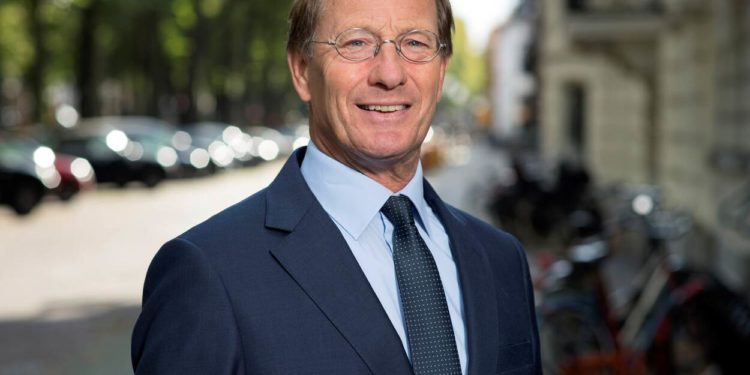After decades of apathy, Europe in the past year passed its first region-wide whistleblower law, saw more than a dozen countries take action to strengthen whistleblower rights, and earnestly began to protect and compensate citizens who report crime and corruption. The European Court of Human Rights recently reaffirmed the right of people to report corruption, and headlines daily publicize new whistleblower cases.
Now, for the first time, anti-corruption officials across Europe are working together to help ensure citizens can report misconduct safely and reliably – without suffering reprisals.
Making this new and important cooperation possible is the Network of European Integrity and Whistleblowing Authorities (NEIWA). The organization was spearheaded by Wilbert Tomesen, Chair of the Dutch Whistleblowers Authority, the Netherlands’ whistleblower support agency. In its Paris Declaration released last December, the group unambiguously championed the rights of people to expose corruption – and the need for public agencies to protect them.
The NEIWA is calling for all EU countries to strongly implement the new EU Directive on whistleblower protection in order to end the “fragmentation” of national laws and the varying levels of protection. The network is stressing the need for public agencies to have “the necessary independence,” operate with integrity, and have “sufficient human and financial resources” to adequately assist and protect whistleblowers.
The group specifically invoked Article 11 of the EU Directive, which requires all 27 EU countries to assign a well-resourced public agency to receive, review and follow up on reports.
“It’s important to have a central authority. If you scatter around the responsibilities to different agencies, it can be difficult for the person who needs assistance,” said Dominique Hagenauw, an advisor to the Dutch Whistleblowers Authority. “We do not turn people away. We try to help them ourselves or refer them” to an agency that can help.
The Authority is among the agencies in the Netherlands that receives, investigates and follows up on whistleblower reports and retaliation complaints. It also advises citizens and informs organizations and the general public about a range of whistleblower issues.
Though the Dutch agency does not have the power to order an employer to reinstate or compensate a whistleblower, Hagenauw said other NEIWA members can learn how the agency handles cases and provides a “listening ear.” The network also provides opportunities for members agencies and officials to learn from each other, she said.
“Why should we reinvent the wheel,” she said, “when can share information and best practices.”
Hagenauw acknowledged that while there are “cultural differences” within Europe that could produce different interpretations of the EU Directive, it is important to establish a “level playing field” for whistleblower protections as much as possible.
In addition to the Netherlands, public agencies from 16 countries have joined NEIWA: Belgium, Croatia, Czech Republic, Estonia, Finland, France, Greece, Ireland, Italy, Latvia, Lithuania, Malta, Portugal, Romania, Slovakia and Spain.
Efforts in many of these countries to implement the EU Directive are being supported by Kohn, Kohn & Colapinto, the National Whistleblower Center, Whistleblowing International, and the European Center for Whistleblower Rights.




